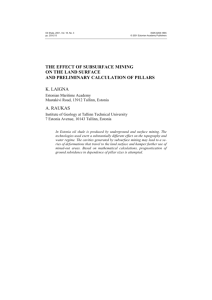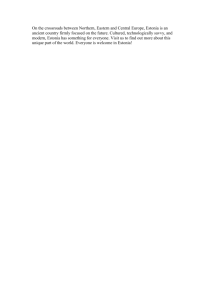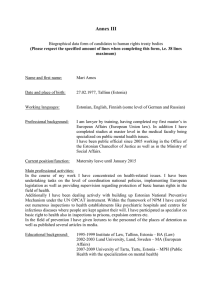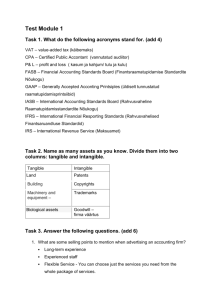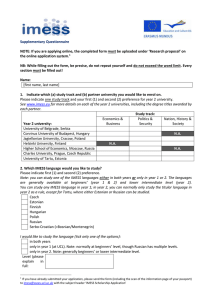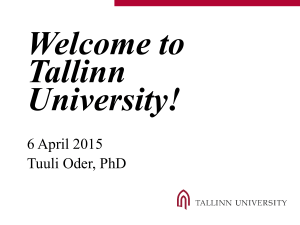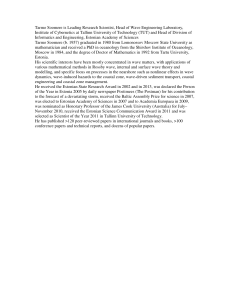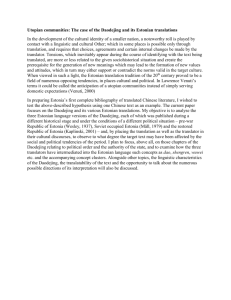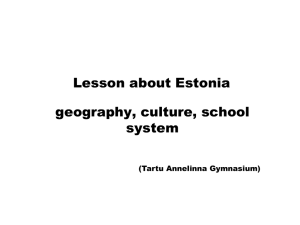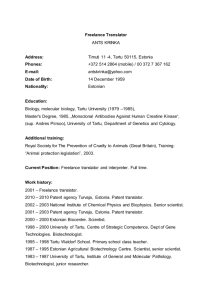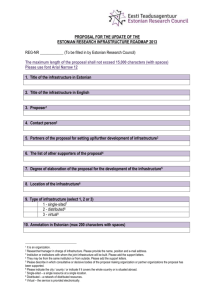Linguistic ideologies in Estonia: speakers` evaluations and
advertisement
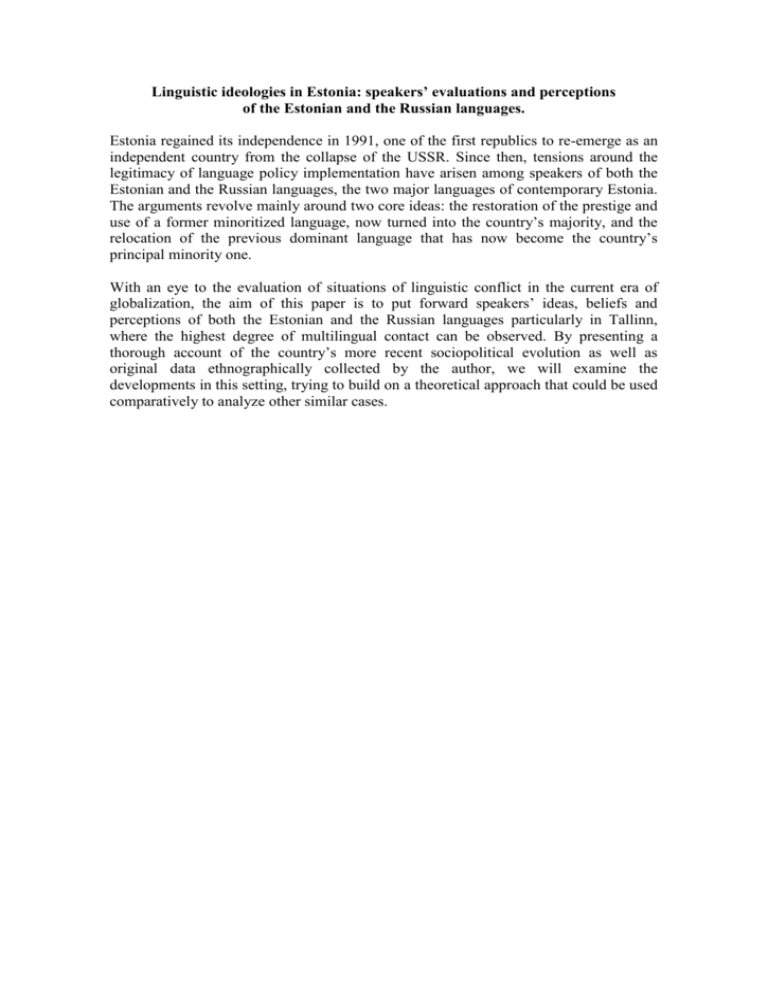
Linguistic ideologies in Estonia: speakers’ evaluations and perceptions of the Estonian and the Russian languages. Estonia regained its independence in 1991, one of the first republics to re-emerge as an independent country from the collapse of the USSR. Since then, tensions around the legitimacy of language policy implementation have arisen among speakers of both the Estonian and the Russian languages, the two major languages of contemporary Estonia. The arguments revolve mainly around two core ideas: the restoration of the prestige and use of a former minoritized language, now turned into the country’s majority, and the relocation of the previous dominant language that has now become the country’s principal minority one. With an eye to the evaluation of situations of linguistic conflict in the current era of globalization, the aim of this paper is to put forward speakers’ ideas, beliefs and perceptions of both the Estonian and the Russian languages particularly in Tallinn, where the highest degree of multilingual contact can be observed. By presenting a thorough account of the country’s more recent sociopolitical evolution as well as original data ethnographically collected by the author, we will examine the developments in this setting, trying to build on a theoretical approach that could be used comparatively to analyze other similar cases.
